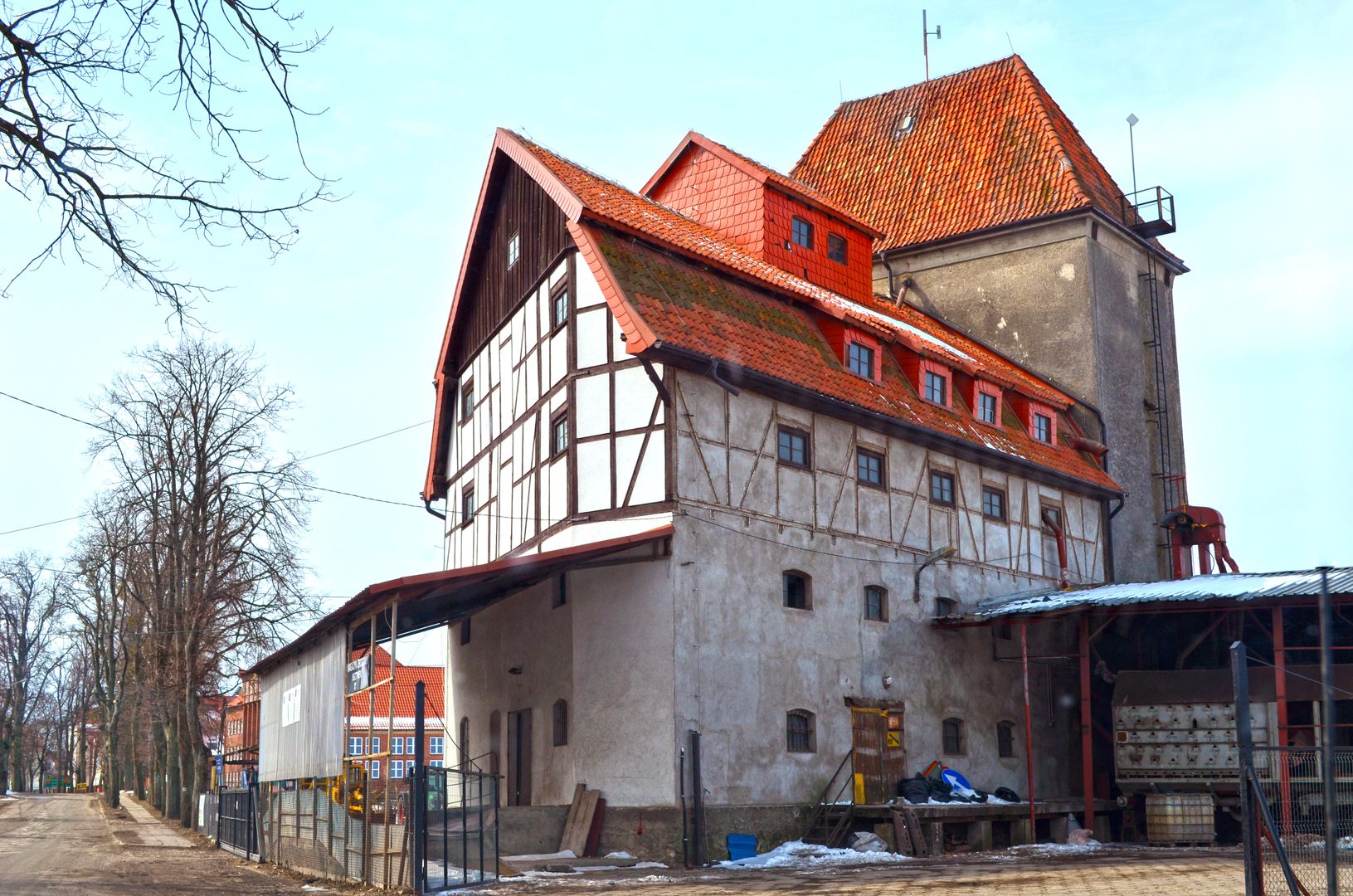Bisztynek
6.81

Overview
Bisztynek, known in German documents as Bischofstein, is a town located in the Warmian-Masurian Voivodeship, in Bartoszyce County. The history of the place dates back to the Middle Ages, when the village of Strowangen was established under Chełmno law in 1346. In 1385, the Warmian bishop Henry III Sorbom granted it town rights. The name Bisztynek comes from the Devil's Stone, the largest glacial erratic in the region. The town experienced numerous devastations during wars, including the Thirteen Years' War, which impacted its development and demography. In the 18th century, the number of pilgrims increased, necessitating the expansion of the parish church. In the 19th century, Bisztynek became a commercial center, and Jews began to settle in the town. In the 20th century, despite destruction during World War I and World War II, the town was rebuilt and preserved its architecture, including the Gothic Church of St. Matthias and the Lidzbark Gate, the only one of the three once-existing town gates. Today, Bisztynek hosts various cultural events and is part of the Cittaslow network, emphasizing its commitment to quality of life and local traditions. The town has basic educational and sports infrastructure, and its residents actively participate in local life, represented, among others, by the People's Sports Club "Reduta". Bisztynek remains a place with a rich history, full of cultural traditions and architectural testimonies of the past.
Location
2026 Wizytor | All Rights Reserved